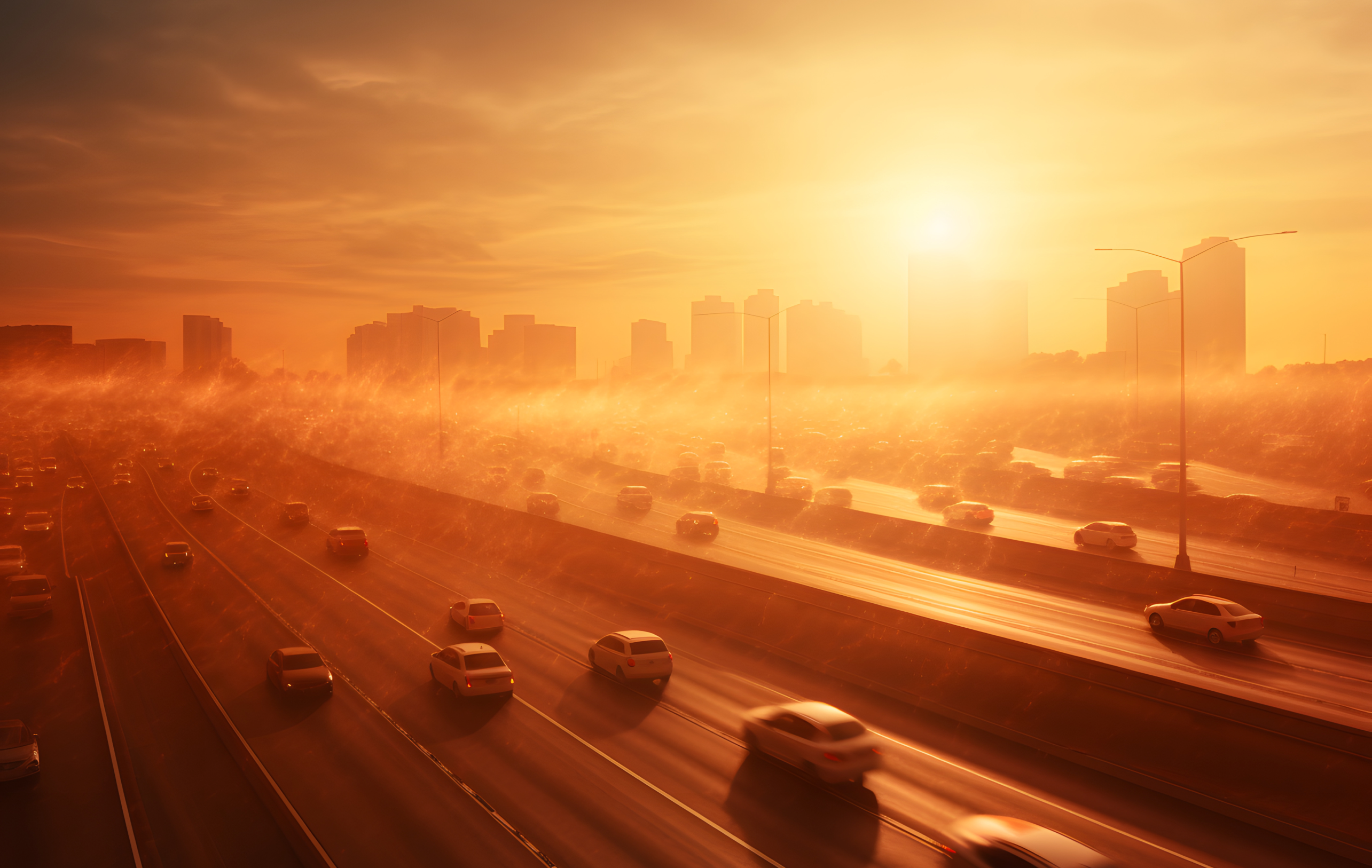Many communities throughout the United States are on the frontlines of the climate crisis due to the damage caused by fossil fuel corporations. These communities are also home to incredible community organizing efforts working to build a better future for all of us. Supporting their fight is an important part of our work for climate justice. Together we can protect our air, our water, our health, and the climate for everyone.
Let’s explore a few American frontline communities, and how they’re fighting back against the corporate polluters destroying their livelihoods.
Appalachia
Much of Appalachia is known as Coal Country, as local communities have come to depend on the coal mining industry. As powerful coal companies looked for more ways to profit off the polluting resource, they turned to a destructive process called mountaintop removal. Through mountaintop removal, not only are mountains blown up and leveled, but the mining practice also fills in streams and valleys, destroying forests and poisoning waterways for communities living downstream.
Gas companies have also moved into Appalachia, further threatening communities’ water and health. The Mountain Valley Pipeline is a 300-mile fracked gas pipeline planned through West Virginia and Virginia. Scientists say MVP is at particular risk of explosions and leaking toxic gases due to its size and location.
Residents along the route – Black communities, Indigenous tribes, and rural towns – have been organizing for years to protect their land, their water quality, and their families’ health. These communities have successfully delayed construction through protests and advocating government agencies to reject necessary permits.
Cancer Alley on the Gulf Coast
Cancer Alley stretches 85 miles along the Mississippi River near Louisiana’s Gulf Coast. Once scenic, the area is now littered with 200+ petrochemical plants, reflecting the destructive consequences of unchecked industrial expansion and leaving a legacy of pollution and health crises.
Supporting the fossil fuel industry, petrochemical plants use oil to produce various products like plastics, adhesives, and pesticides. In an area already overburdened by toxic pollution, local governments have turned a blind eye to petrochemical companies emitting industrial toxins and carcinogens, leading to extremely high cancer rates in the majority Black population of Cancer Alley.
The community group RISE St. James has been fiercely opposing petrochemical complexes for years, working to protect the lives of their community from toxins. They've successfully worked to revoke state permits of a giant Formosa Plastics plant, prompting other corporations to rethink their environmental impact.
Chicago communities near coal power plants
Coal is the dirtiest way to produce electricity, spewing toxic pollution into our air and endangering the health of millions. Yet, there are over 150 coal power plants still operating across the U.S.
Burning coal releases harmful particles and toxic gases that cause severe health conditions. But communities near coal plants are fighting back to improve their health and support the transition to cleaner energy. Little Village in Chicago is a majority Latino neighborhood that endured living near two of the oldest and dirtiest coal plants in the U.S. for decades. After years of organizing with Little Village Environmental Justice Organization (LVEJO) to close the two coal plants, they succeeded in 2012.
We are all facing the climate crisis together.
Climate change is everywhere. In 2023, the U.S. faced its hottest summer, while South America endured its hottest winter. We saw the record intensification of Hurricanes Otis in Acapulco and Hillary in Florida, shocking meteorologists across the world and destroying communities. Major cities choked on wildfire smoke this summer, and 88% of California’s population lived in drought.
We are all feeling the effects of extreme weather. We are in a climate emergency.
We need continued, bold climate action from our government to stop the worsening climate and hold the fossil fuel industry accountable. We can't afford to stand by while our planet faces these unprecedented dangerous challenges.


